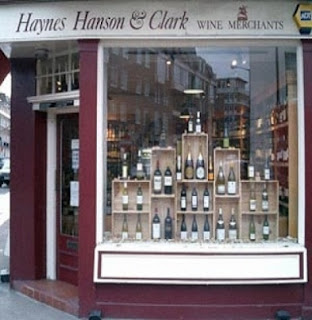If the wine is bad for it to be the fault of the producer that usually means corked. So how do you know what a corked wine is before you call and complain? And, yes, it can happen with a wine under a screw cap.
Cork taint, or the chemical TCA (trichloroanisole), isn't just an on-off switch. There can be a lot or a little in a wine. If there's a lot it's easy to tell. If the wine was slightly affected it's not as easy to discern.
For a heavily corked wine wet is the word. Wet newspaper, wet cardboard, wet dog. A musty smell.
In a lightly corked wine a lack of fruit is the first thing noticed. The problem is if you don't really know the wine already is it corked or does it just not have much of a fruit profile? Still not a good wine, but maybe not corked. There won't be much taste at all. The best thing to do here is contact the producer or the retailer and tell them because this wine has no flavor and maybe it's corked or just not very good.
Either way the wine won't hurt you to drink it, but there's no enjoyment. You can't fix it. Yes, this can happen to a domestic wine, an import, a sparkling wine, a $10 wine or a $250 wine. It's even possible on a screw cap wine as this chemical doesn't only exist on a cork in a winery.
 |
| This dog has been trained to sniff out TCA in wineries image from winespectator.com |
There are other problems with wine. The most common being an over-heated, or cooked, wine. This tastes different. It might taste like astringent stewed fruit. If there's a cork it may be partially pushed out of the bottle from the expanding liquid inside when it was over-heated. This could happen in transport, but most likely it was in your car or in your home. Hint: Don't buy wine at a retailer displaying bottles in a window.
 | |
| Don't buy these wines! |
No comments:
Post a Comment